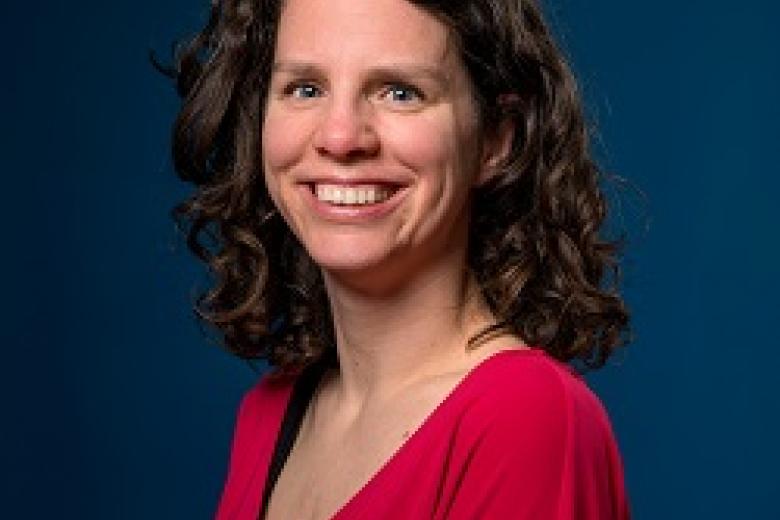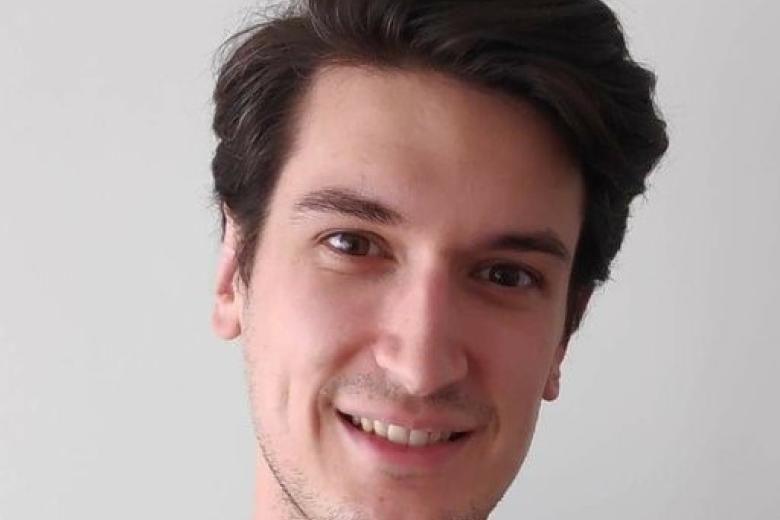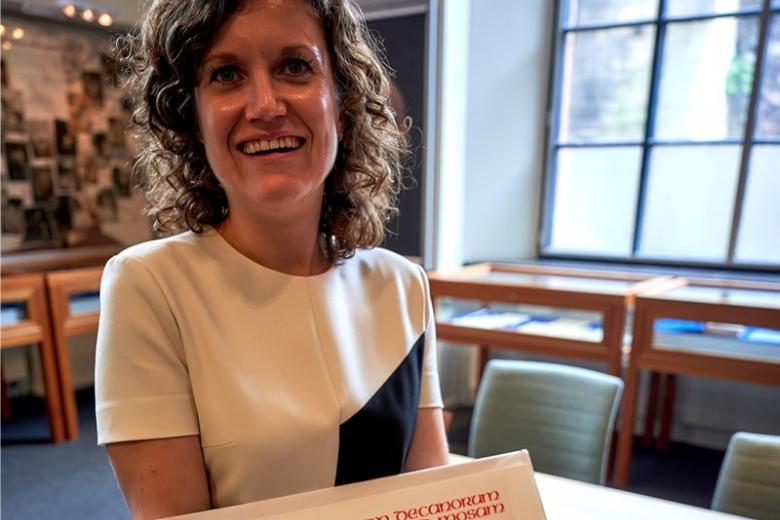Why on earth would anybody volunteer for pain research?
What makes some people volunteer in unpleasant, painful experiments, while others do not? According to a recent article by researchers of the Maastricht University Faculty of Psychology and the KU Leuven, sensation seeking is a decisive factor. This finding suggests that sample bias might influence the results of experimental pain research.
In a typical pain research, participants experience painful and unpleasant stimuli, such as electric shocks. It is then researched how people react differently to the stimuli under different conditions such as a low and high predictability. Yet, who would voluntarily participate in painful experiments? This is the question that Karos, Alleva and Peters address in their article.
Method
In order to find out how sampling bias plays into the results of such pain research the Maastricht researchers conducted two studies. The first study focused on the intentions of participants: how likely do they perceive themselves to participate? The second study investigated the actual participation of volunteers.
Sensation seekers
The outcomes of the studies show that having an older age; less fear for pain and a higher level of sensation seeking are associated with the intention to participate in pain research. For the participants, the level of sensation seeking is significantly higher. The findings suggest that participants in pain research are sensation seekers, which could threaten the research claims (previously) made in pain research. As a result of sampling bias, findings are only applicable to those who are likely to participate voluntarily in painful experiments.
Impact
Whereas research on sample bias is not new, the researchers note it as surprising that the extent to which sample bias plays into experimental pain research has not been researched before. Their findings are therefore of uttermost importance to the field of pain research, as the quote below illustrates. Practices might need to be adapted to account for sampling bias and to limit the extent to which it influences research results.
“There are two critical ingredients to inducing stress: uncontrollability and unpredictability. These are core differences between experimental pain studies in the lab and in the “real world”. A critical evaluation of who participates in our lab based research is required for truly understanding what those findings mean. This paper does just that.” - Melanie Noel, PhD, University of Calgary
The article ‘Pain, Please: an Investigation of Sampling Bias in Pain Research’ by Kai Karos, Jessica M. Alleva and Madelon L. Peters was published in the Journal of Pain (2018) on March 8 and can be retrieved via https://www.sciencedirect.com/science/article/pii/S1526590018300919
About the Researchers
- Kai Karos is a PhD student at the KU Leuven in the Research Group of Health Psychology. His focus is on health psychology, in particular the role of social context, pain-related fear and facial pain expression. He did his bachelor in psychology and research master in psychopathology at Maastricht University.
- Jessica Alleva is Assistant Professor at Maastricht University Faculty of Psychology and Visiting Researcher at The Centre for Appearance Research. Her expertise is in the field of body image.
- Madelon Peters is Professor of Experimental Health Psychology at the Maastricht University Faculty of Psychology. Her main research interests are resilience in the context of pain and the role of positive psychology in protecting against chronic pain.
Also read
-
PhD research shows impact of aggression on staff and patients in forensic care
Nienke Verstegen, researcher at De Forensische Zorgspecialisten, has conducted research on aggression within forensic care and its impact on patients and staff. On July 6, 2023, she will receive her PhD from Maastricht University with her dissertation 'Hurt people hurt people. Characteristics and...

-
Procrastination is the thief of time
In his PhD research, Kristof Vandael investigated how this generalization of pain-related avoidance can be inhibited in the lab to help optimize therapy for chronic pain or even prevent the development of chronic pain.

-
Gone with the wind
Astrid Meesters received her doctorate on Sept. 28 with her PhD research on flexibility and mindfulness as resilience factors for pain and recovery.
